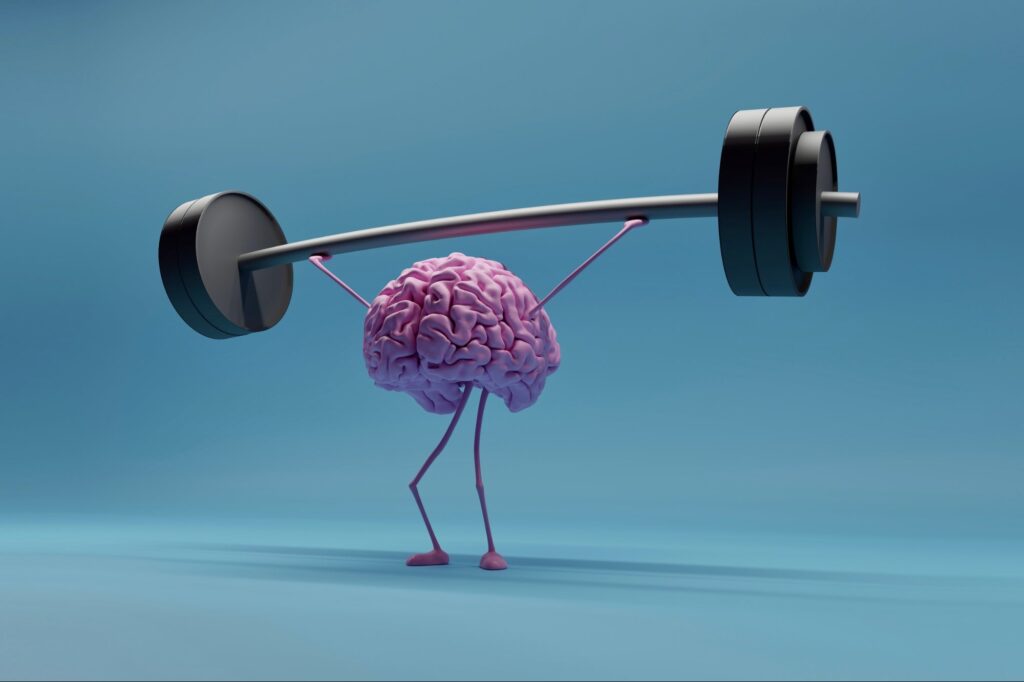Introduction: From Mental Weakness to Strength
Mental fitness, often referred to as mental toughness, is a critical aspect of personal development. It’s the ability to navigate the challenges of life with resilience, focus, and inner strength. For many, the journey to mental fitness begins with a recognition of mental weakness and fear, followed by deliberate efforts to transform and conquer these obstacles. In this 2,500-word blog article, we’ll explore the path from mental weakness and fear to mental toughness and focus.
Chapter 1: The Consequences of Mental Weakness
Understanding Mental Weakness
Mental weakness is a state of vulnerability, where emotional and psychological stressors can have a profound impact on an individual’s well-being. It’s marked by a lack of resilience and the inability to cope effectively with adversity. Understanding the consequences of mental weakness is the first step in recognizing the need for change.
The Impact on Life
Mental weakness can affect every aspect of life. From personal relationships to professional endeavors, the inability to handle stress, uncertainty, or challenges can result in missed opportunities, strained connections, and decreased overall life satisfaction.
Recognizing Fear as a Driving Force
Fear often plays a central role in mental weakness. Whether it’s the fear of failure, rejection, or the unknown, these fears can paralyze and prevent individuals from pursuing their goals and dreams. Identifying and addressing these fears is crucial to breaking free from mental weakness.
Chapter 2: The Desire for Change
The Turning Point
Recognizing mental weakness and the impact of fear often serves as a turning point. It’s a moment when individuals desire change and are willing to take action to strengthen their mental resilience.
The Motivation for Transformation
Motivation for change can come from various sources, such as a desire for personal growth, a significant life event, or a commitment to improving mental health. It’s the catalyst that propels individuals from inaction to seeking transformation.
Chapter 3: Building Mental Toughness
Developing Resilience
Resilience is a fundamental component of mental toughness. It’s the ability to bounce back from setbacks and adapt to adversity. Strategies for developing resilience, such as reframing challenges as opportunities and practicing stress management, are explored.
Embracing the Growth Mindset
The growth mindset is a belief that abilities and intelligence can be developed through effort and learning. Embracing this mindset fosters a belief in one’s capacity for improvement and change.
Practicing Self-Compassion
Self-compassion is a vital part of mental fitness. It involves treating oneself with the same kindness and understanding that one might offer to a friend. Practicing self-compassion helps individuals build a positive self-image and cope with self-doubt and criticism.
Chapter 4: Overcoming Fear
Identifying and Analyzing Fears
Overcoming fear begins with identifying and analyzing the specific fears that hold individuals back. Whether it’s the fear of rejection, failure, or judgment, these fears are dissected to understand their origins and consequences.
Challenging Fear with Action
Action is the antidote to fear. Individuals learn how to confront their fears through gradual exposure and by taking small, manageable steps toward their goals. The article explores techniques for pushing through fear and maintaining forward momentum.
Cultivating Confidence
Confidence is a powerful tool for combating fear. Strategies for building self-confidence, such as positive self-talk, visualization, and celebrating achievements, are discussed.
Chapter 5: The Journey to Mental Focus
The Role of Mindfulness
Mindfulness is a practice that enhances mental focus and awareness. It’s the ability to stay fully present in the moment and not be overly reactive or overwhelmed by external or internal stimuli.
Enhancing Concentration
Concentration is the ability to direct one’s attention and focus on a single task or goal. Techniques for improving concentration, including time management and setting clear objectives, are examined.
Staying Motivated
Motivation is a driving force for maintaining mental focus. Strategies for staying motivated, even in the face of challenges or setbacks, are explored.
Conclusion: Mastering Mental Fitness
The journey from mental weakness and fear to mental toughness and focus is a profound and transformative process. It begins with an awareness of one’s vulnerabilities and fears and a desire for change. With determination, strategies for building resilience, overcoming fear, and enhancing mental focus can be employed. Mental fitness is not an endpoint but a lifelong journey of growth, empowerment, and inner strength. As individuals continue to master their mental fitness, they become better equipped to face life’s challenges and pursue their goals with confidence and determination.

